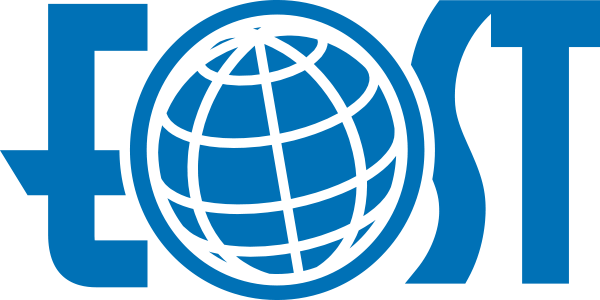Formation aux exigences de l'entreprise et de la Société
Diplôme d'ingénieur de l'École et observatoire des sciences de la Terre (EOST)Parcours Diplôme d'ingénieur de l'EOST
Description
Cours sur les modèles de management, les normes, les définitions, les concepts, la stratégie, les objectifs, l’approche processus, la performance, l’information documentée, la planification, la gestion de projet, l’éthique, l’échelle de maturité, l’accidentologie, les objectifs développement durable (ONU), la responsabilité sociétale, les politiques, la formation, la communication, la gestion du risque, le reporting, la sous-traitance, les contrôles, les plans d’urgence, la gestion de crise, l’investigation, les outils d’analyse, l’audit, les revues de direction et tous les enjeux liés à la QSE.
Exercices et mises en situation sur deux thématiques : étude et analyse des causes d’un événement indésirable par groupe, restitution plénière ; jeu sur la perception du risque, par groupe.
Questions / réponses pour valider la compréhension.
Courses on management models, standards, definitions, concepts, strategy, objectives, process approach, performance, documented information, planning, project management, ethics, scale maturity, accidentology, sustainable development goals (UN), social responsibility, policies, training, communication, risk management, reporting, subcontracting, controls, emergency plans, crisis management, investigation, analysis tools, audit, management reviews and all issues related to QSE.
Exercises and scenarios on two themes: study and analysis of the causes of an adverse event by group, plenary restitution; game on the perception of risk, by group.
Questions / answers to validate understanding.
A la fin de ce cours, vous serez capable de :
Maitriser les concepts relatifs aux systèmes de management pour la mise en œuvre de la Qualité, Santé, Sécurité, Sûreté, Environnement et du Développement Durable (QSE).
To master the concepts relating to management systems for the implementation of Quality, Health, Safety, Securit y, Environment and Sustainable Development (QSE).
Compétences visées
Connaissance des approches systèmes et leurs référentiels pour la maîtrise et la gestion de la Qualité, Santé, Sécurité, Sûreté, Environnement et Développement Durable (QSE).
Knowledge about system approach and their references tomaster the management of Quality, Health, Safety, Security, Environment and Sustainable Development (QSE).

